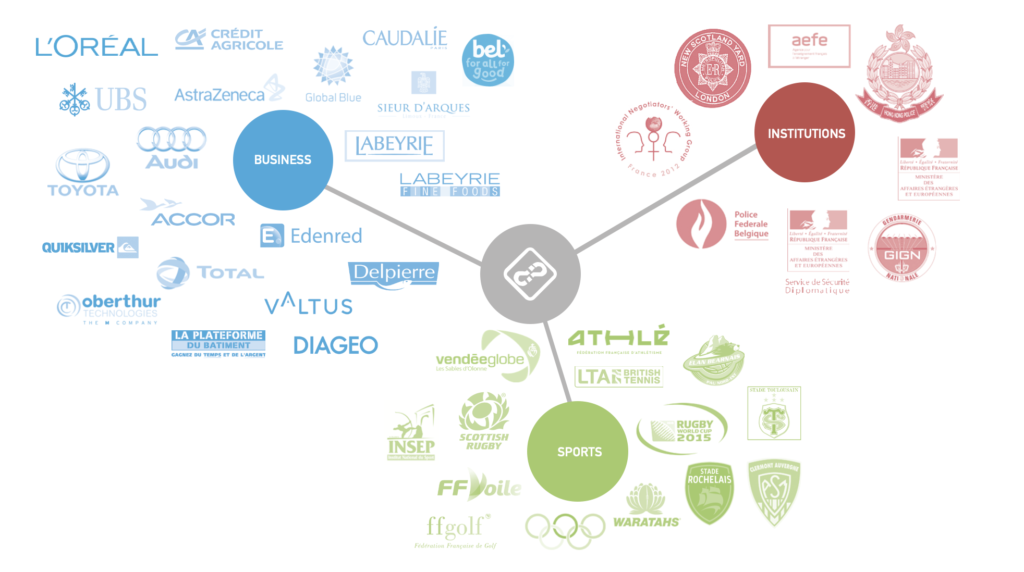If there is no action without intention… and if we possess everything that is needed to take a decision at a specific point in time… then how can we go from intention to action without our fears, beliefs, perceptions, needs and prejudices holding back our performance?
How can we use a universal system of 11 interdependent levers in order to deepen our understanding of the behavioural mechanisms that influence, accelerate or slow down the decision-making process?
By learning and practising the art and science of questioning, and by grasping the fantastic problem of listening, we become able to reorganise the hierarchy that is imposed upon us by the brain’s unconscious patterns. Better still, we become able to focus on increasing the outcome of our negotiations rather than on ourselves…
Every day, we are negotiating something with someone. Whether it be in business, at home, at our kids’ school, at the bank, on the phone, in the office, online, at a meeting… a negotiation is the pivotal point of our relationship with others.
If listening, questioning, and the universal system of 11 levers are a negotiator’s tools, how can we effectively use them to explore and navigate the maze of our interlocutor’s mental constructs?
What methodological approaches ensure the overall structure of our negotiations follow our interlocutor’s thought process and respect the invisible mechanisms that govern the way their mind works? What are the steps that need to be followed?
Understanding the behavioural mechanisms involved in decision-making, and methodically applying these insights in our negotiations with others, accelerates the passage from Intention to Action, imposing performance in areas as diverse as:
- Influence and Negotiation Strategies (M&A, contract transactions, buying and selling, new job offers, demands for ransom…).
- Top-Level Sport (competitions, strategies, conflicts…): quick decision-making under pressure of the event and/or result.
- Decision-Making in High-Stake Situations.
- Managing in Complexity.
- Differentiation (strategic decision-making: cultural change and strategical change, rupture and transition in business models, co-construction, collaboration, cohesion).
What risks are we taking when we let our automatic behaviour react on our behalf?
What would we gain by consciously redirecting our attention to the reality of the moment?
In other words, what would we be capable of achieving if we weren’t afraid?
I propose we talk about it…





